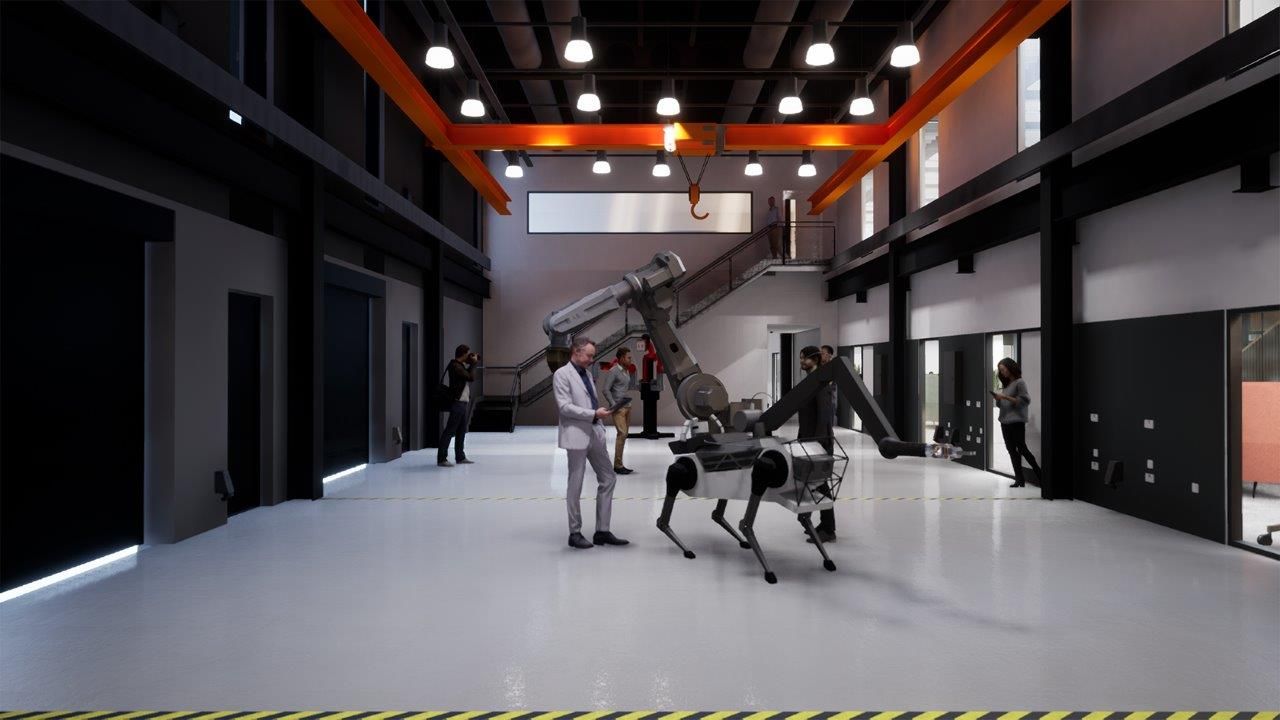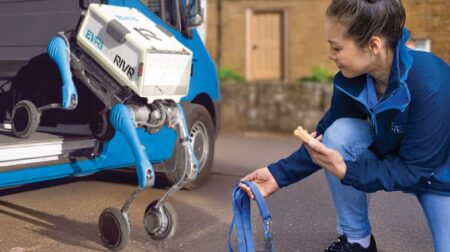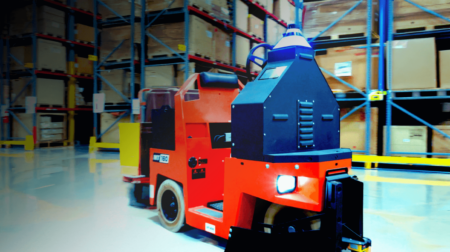Trust in autonomous systems will be researched in a £3m project led by Heriot-Watt University and teams from Imperial College London and the University of Manchester.
The academic consortium will explore solutions to manage trust in autonomous systems, covering scenarios including human interaction with self-driving cars, autonomous wheelchairs and cobots in the workforce.
The research will take place at the National Robotarium, housed at Heriot-Watt University, in Scotland.
According to the team, whilst autonomous systems can perform tasks without human intervention, such as on automated production lines, issues arise when tasks are complex or take place in uncontrolled environments, such as offshore wind-farm inspections.
The consortium therefore aims to ensure autonomous technology can be widely used and accepted in a variety of industry-relevant applications.

Professor Helen Hastie, from Heriot-Watt University and the Edinburgh Centre of Robotics, said: “The challenge of managing trust between the human and the system is particularly difficult because there can be a lack of mutual understanding of the task and the environment.
“The new consortium will perform foundational research on how humans, robots and autonomous systems can work together by building a shared reality through human-robot interaction.
“By adopting a multidisciplinary approach, grounded in psychology and cognitive science, systems will learn situations where trust is typically lost unnecessarily, adapting this prediction for specific people and contexts.
“We will explore how to best establish, maintain and repair trust by incorporating the subjective view of humans towards autonomous systems, with the goal being to increase adoption and maximise their positive societal and economic benefits.”
The project is part of, and will be funded by, the UKRI Trustworthy Autonomous Systems programme.








